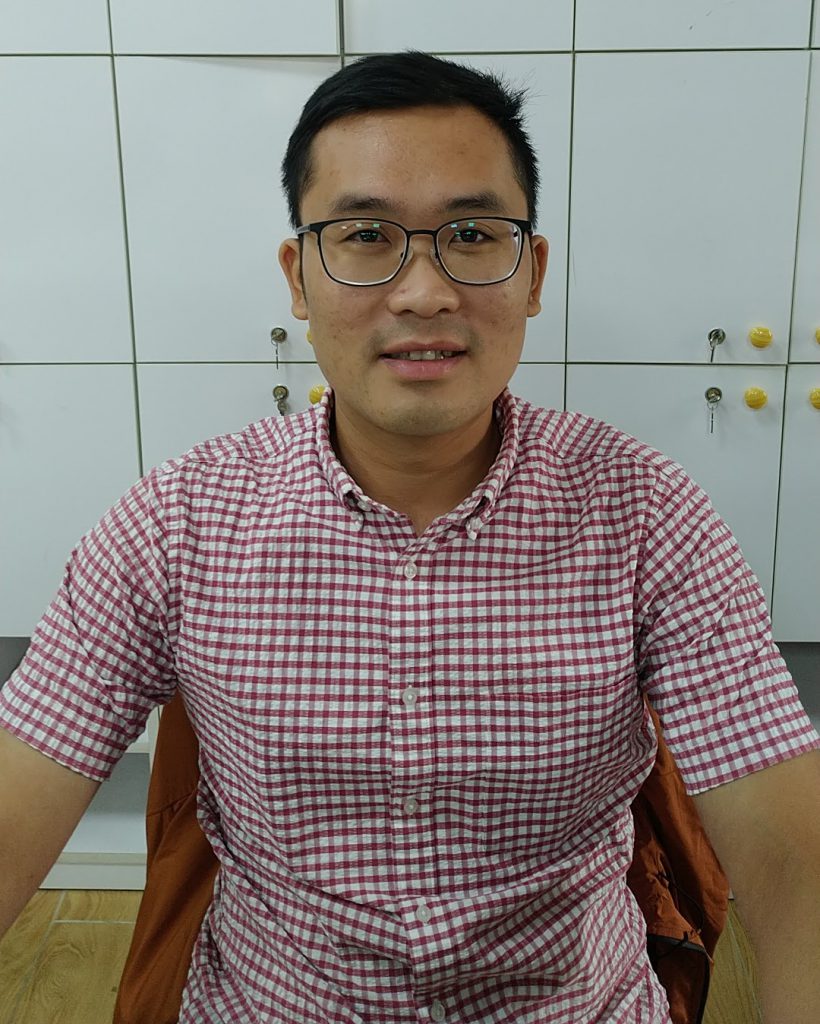
Xê-mi-na khoa học
03/12/2019: TS. Lê Đình Anh (ĐH Công nghệ), A Simplified Thermodynamic Model for Numerical Simulation of Cavitating Flow with Thermodynamic Effect
Cavitation is a phenomenon in that liquid evaporates and vapor bubbles appear in the region of liquid pressure roughly below the saturated vapor pressure due to the flow acceleration. In the region of the pressure recoveries to freestream pressure, the cavitation bubbles collapse that generates the strong pressure wave in flow field that raises the local pressure up to several thousand atmospheric pressure and local temperature to thousand Kelvin. That causes negative effects like erosion on the material, noise, and instability. Then, the performance of hydraulic machinery is decreased. When cavitation occurs, the latent heat for vaporization is supplied from the surrounding liquid of liquid-bubble interface, which decreases the liquid temperature. That results in a drop of the saturated vapor pressure. Then, the bubble growth is delayed and cavitation is suppressed. Hence, the performance of hydraulic machinery could be improved. This phenomenon is called “thermodynamics effect of cavitation”. Therefore, the understanding of thermodynamic effect on cavitation is crucial for the design of the reliable and high performance of hydraulic machinery such as the inducer or hot water feed pump. This study develops a simple, broadly applicable thermodynamic model for homogeneous model that can satisfactorily predict the thermodynamic effect on cavitation for variety flow fields and fluids.
Speaker: TS. Lê Đình Anh, ĐH Công nghệ
Time: 15:30, Tuesday, December 03, 2019
Venue: G2-315, 144 Xuan Thuy, Cau Giay, Hanoi

Le Dinh Anh received the B.E. degree in the field of Fluid Machinery and Automation Engineering from Hanoi University of Science and Technology, Vietnam, in 2013. He completed the M. E. degree in Mechanical System and Design from Tohoku University, Japan in 2015, with research on the effect of turbulence model on the cavitation aspect. He was conferred the Degree of Doctor of Philosophy (Engineering) in Mechanical Systems Engineering from Tohoku University, Japan, in 09/2019 with a research topic on “Simplified thermodynamic model for homogeneous model for numerical simulation of cavitation with thermodynamic effect”. He received Tohoku University President Fellowship Award for pursuing Doctoral study. He has been working in School of Aerospace Engineering in the University of Engineering and Technology as a lecturer since October 2019. His research interests include EFD/CFD of cavitation and interaction of turbulence and thermodynamic effect, cavitation suppression technique.
